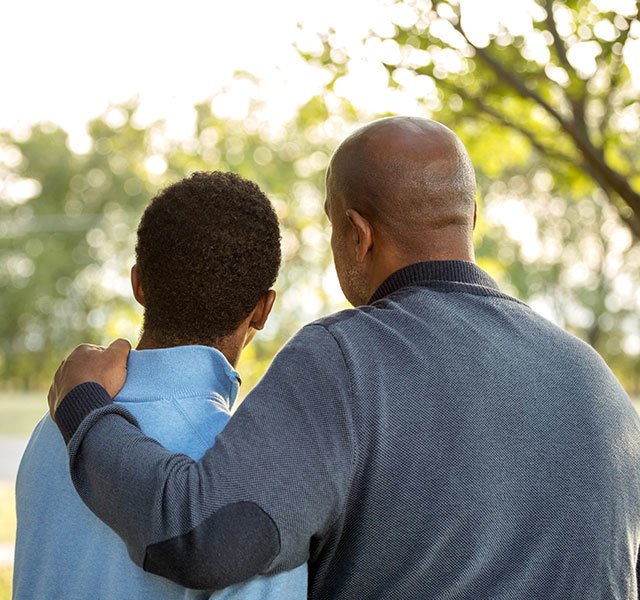With rise of social media, children and adolescents face enormous pressure. Unlike previous generations, today’s youth can be heckled or bullied 24/7 in the virtual world. They also deal with schoolwork, family issues, social relationships and other potential daily stressors. And while your child might appear fine physically, he or she could be suffering emotionally.
According to Mauran Sivananthan, D.O., a child psychiatrist at Henry Ford Health, the prevalence of depression in children is about 2 percent, but it jumps up to 4-8 percent for teenagers. By the time adolescents reach age 18, their lifetime incidence of depression hovers around 20 percent. “That means one out of five children will end up with a major depressive episode before adulthood,” says Sivananthan. Once kids hit puberty, girls are especially vulnerable (they’re three times more likely than boys to become depressed).
It can be tough to differentiate between standard growing pains or moodiness and a depressive episode. But signs such as eating too much or too little, sleeping too much or too little, or withdrawing from friends and activities a child used to enjoy are just a few signs of depression. “Other symptoms more specific to children include low frustration tolerance, defiant or oppositional behavior, temper tantrums, and physical complaints like stomachaches and/or headaches,” says Sivananthan.
Worried your child may be depressed? Pay attention to these tips for how you can make a difference:
- Get help. You don’t have to see a psychologist or psychiatrist straight out of the gate. If you’re concerned your child may be anxious or depressed, ask your pediatrician for a developmental evaluation. You might even request assistance through your child’s school district (some districts offer mental health screening services). Your pediatrician or a school psychologist can refer your child to an appropriate therapist.
- Offer support. Children who are struggling may need even more physical and emotional affection along with reminders that you will always love and take care of them. If your child constantly apologizes or puts himself down, reframe his thoughts to be more positive. For example, if your child spills milk and says “I always mess up,” you can respond by pointing out a time when he excelled.
- Teach your child coping skills. “Throughout a child’s life, helping her regulate her emotions and behaviors will help build resilience,” says Sivananthan. Such skills offer your child the best chance to overcome stressors she will face in her life. Is your child good at art? Break out the crayons and paper and let her draw her troubles away. If she likes to play the drums, give her a drum set to bang out her frustration.
- Don’t minimize your child’s struggles. It is not uncommon for parents who themselves faced childhood struggles to minimize their own children’s struggles. “As a parent, the most important thing you can do is listen to your child and validate his emotions,” says Sivananthan. “This will not only keep your relationship strong, but it will also keep the lines of communication open.”
- Speak up. While symptoms such as anger, aggression and irritability may reflect simple growing pains, they may also signal a depressive disorder. Identifying it early can make a huge difference, so don’t be afraid to talk to your child’s doctor if something seems off. “The earlier the treatment, better the prognosis,” says Sivananthan.
The child and adolescent brain undergoes significant change and development, so tantrums and mood swings are somewhat normal. However, if your child seems unhappy most of the time or is struggling with daily activities, it’s possible the problem is bigger than ordinary moodiness. Don’t wait for symptoms to improve. Get an evaluation. Identifying childhood depression can be tricky, but once a depressed child receives a diagnosis, the real healing can begin.
To find a provider at Henry Ford or make an appointment, visit henryford.com or call 1-800-HENRYFORD (436-7936).
Dr. Mauran Sivananthan provides psychiatric care for children and adolescents at Henry Ford Behavioral Health in Dearborn.



